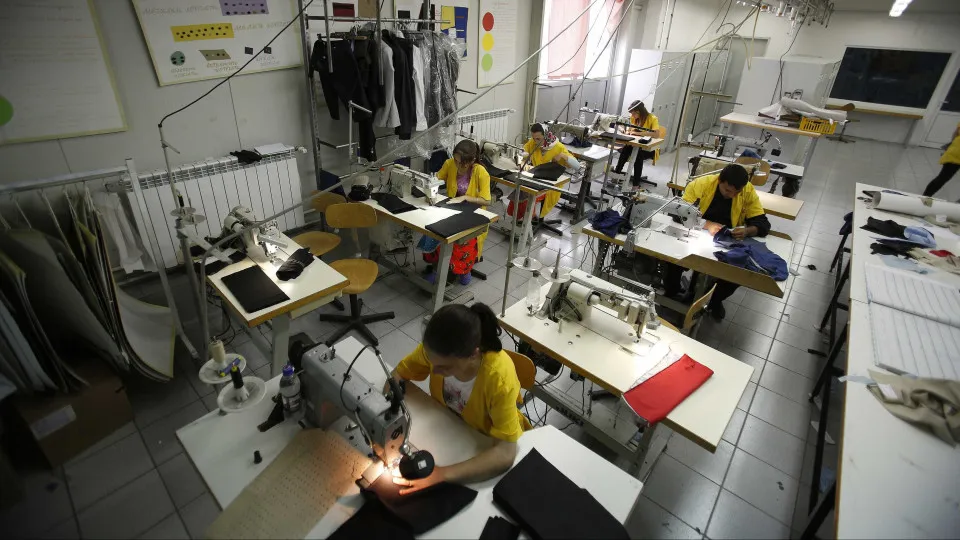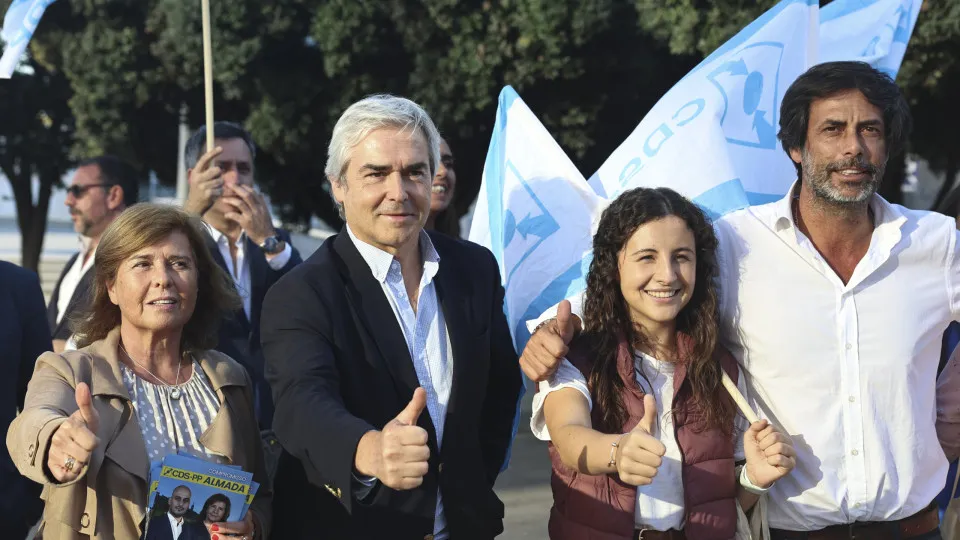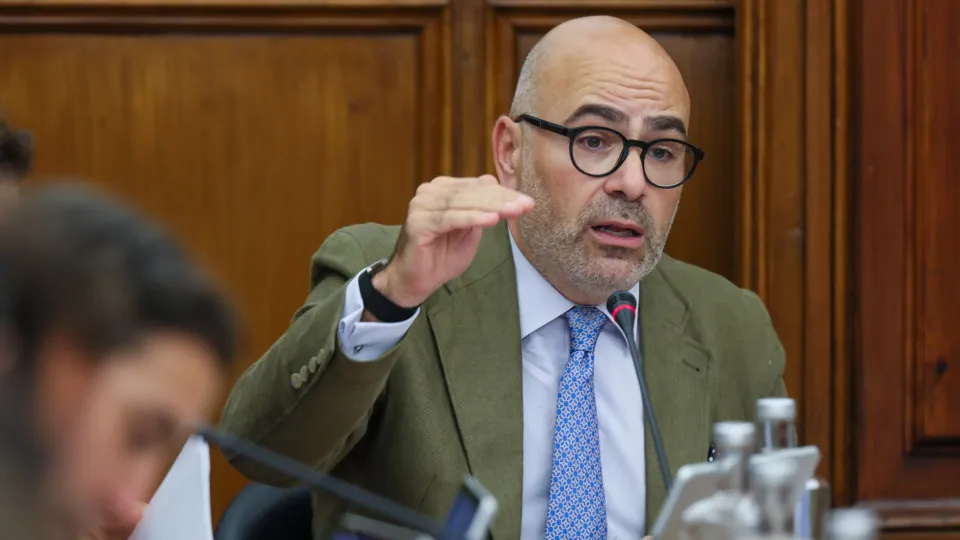Ahead of local elections, political leaders have initiated their campaigns across the country. The Social Democratic Party (PSD) launched its efforts in the capital city, with party president Luís Montenegro making appearances in various locations.
The PSD’s campaign began in Cascais, moved through Sintra, and reached Lisbon by early afternoon for a scheduled luncheon with local mayors.
The campaign’s opening day was notably marked by the presence of Luís Montenegro, as he balanced his duties as prime minister with those of the local elections.
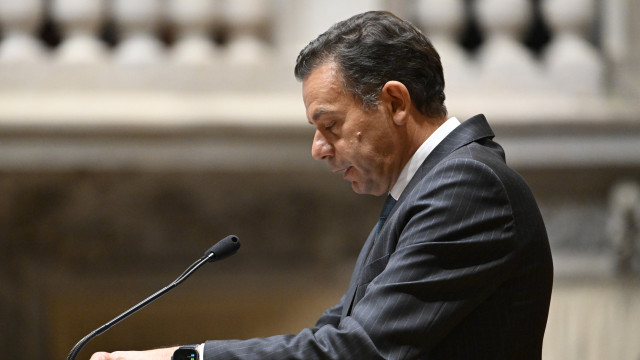
Luís Montenegro has stated his intent to participate in the campaign, managing both his prime ministerial responsibilities and his role as PSD leader, which may involve attending numerous party events on some days and none on others.
Montenegro was warmly received by many supporters in the streets, as captured in the image above.
While the campaign began cheerfully in Lisbon, Montenegro faced a more challenging interaction over the weekend in São João da Madeira, in the Aveiro district.
The incident followed government announcements last week introducing a “moderate” rent concept, with rents ranging from 400 to 2,300 euros, and proposing a VAT cut to 6% for building homes priced up to 648,000 euros.
A visibly anxious resident confronted Montenegro, stating her inability to afford “over two thousand euros to rent a house.” Montenegro offered to explain the measures, assuring her of the government’s support. The woman questioned the nature of this “support” and highlighted issues at health centers, citing her chronic illness and lack of available consultations.
In response, Montenegro remarked, “If you’re coming to me with that point, I’ll tell you this: it’s futile to insist. I’m empathetic towards issues but only when people want clarification. What you’re saying isn’t accurate.” The conversation intensified, concluding with Montenegro stating, “We are finished talking.”
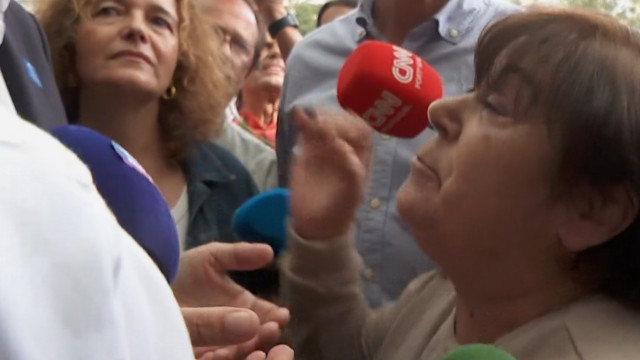
The prime minister, Luís Montenegro, faced questions from a local resident regarding housing and healthcare issues. Montenegro endeavored to provide clarification.
PSD’s Electoral Strategy
In the upcoming local elections, the PSD is contesting in 303 out of 308 municipalities across the nation, absent only in Aljustrel, Barrancos, Monforte, Velas, and Corvo. Approximately half of these efforts involve coalitions with other parties, notably new agreements with the Liberal Initiative (IL), but no pre-election coalition with Chega exists.
According to PSD’s local election coordinator, Pedro Alves, the party will independently contest 137 municipalities and form over 150 coalitions: 113 exclusively with the CDS (where the Christian Democrats lead in two), six just with the IL, sixteen involving all three parties, and eighteen with additional parties (such as the MPT or the PPM).
Furthermore, the PSD supports 11 independent candidates, including former PSD minister Isaltino Morais in Oeiras, and former CDU mayor Maria das Dores Meira in Setúbal, despite local organizational opposition. Other independents run in Marinha Grande and Idanha-a-Nova. In Figueira da Foz, former PSD president and current independent Pedro Santana Lopes heads a PSD/CDS-PP list.
The PSD nominates 48 female candidates for mayoral positions, representing roughly 15% of their total candidacies. Additionally, 19 mayors are ineligible for re-election due to term limits, down from double the number elected four years ago, with many having since passed the baton to potential successors.
Pivotal departures include Cascais mayor Carlos Carreiras, Braga’s Ricardo Rio, and Aveiro’s Ribau Esteves.
In total, seven mayoral candidates are PSD deputies who must resign from office upon winning: Cristóvão Norte (Faro), Emídio Guerreiro (Gondomar), Hugo Oliveira (Caldas da Rainha), Gonçalo Valente (Ourique), Ricardo Araújo (Guimarães), Sofia Carreira (Leiria), and Sónia dos Reis (Grândola).
View the gallery above for images from the PSD’s campaign launch.

